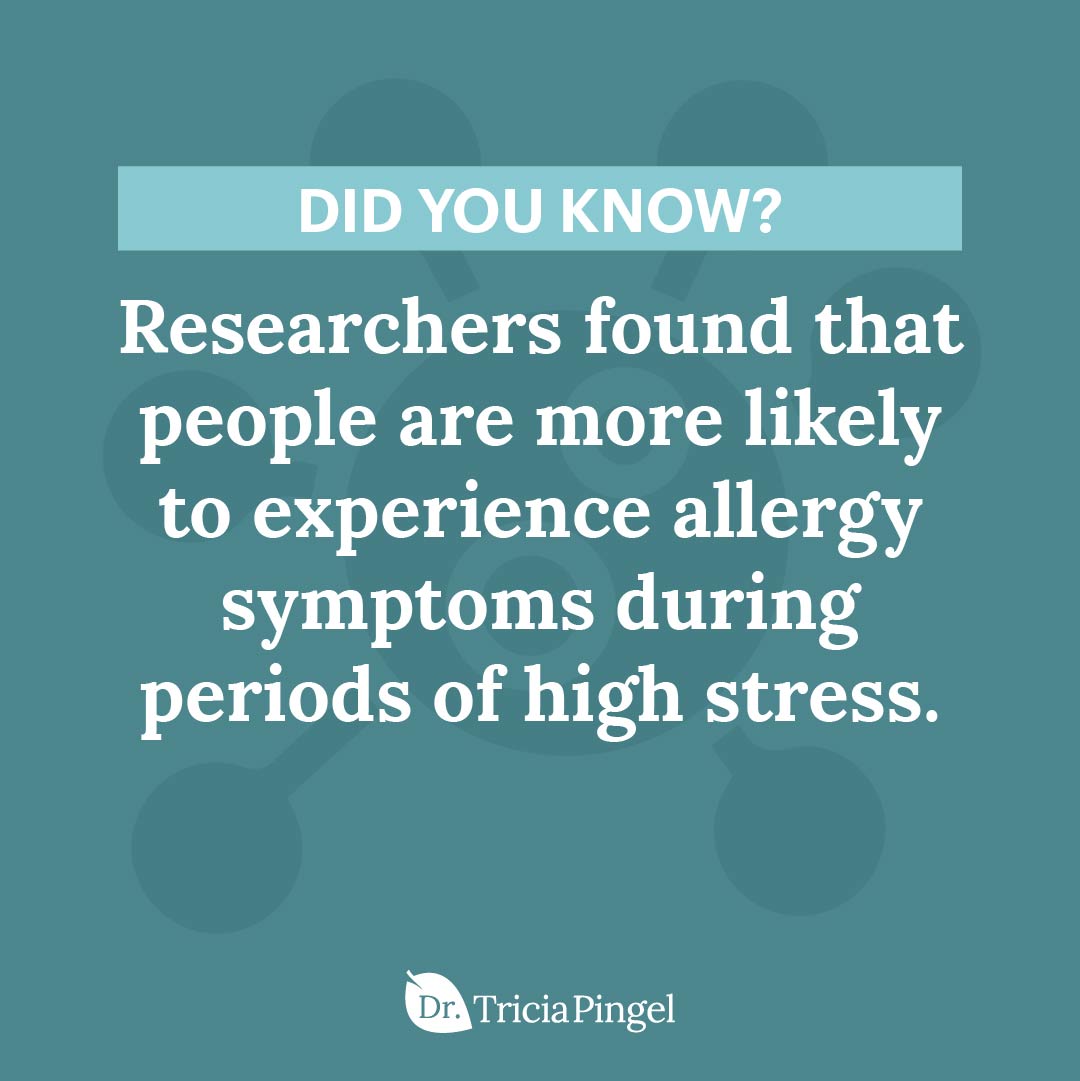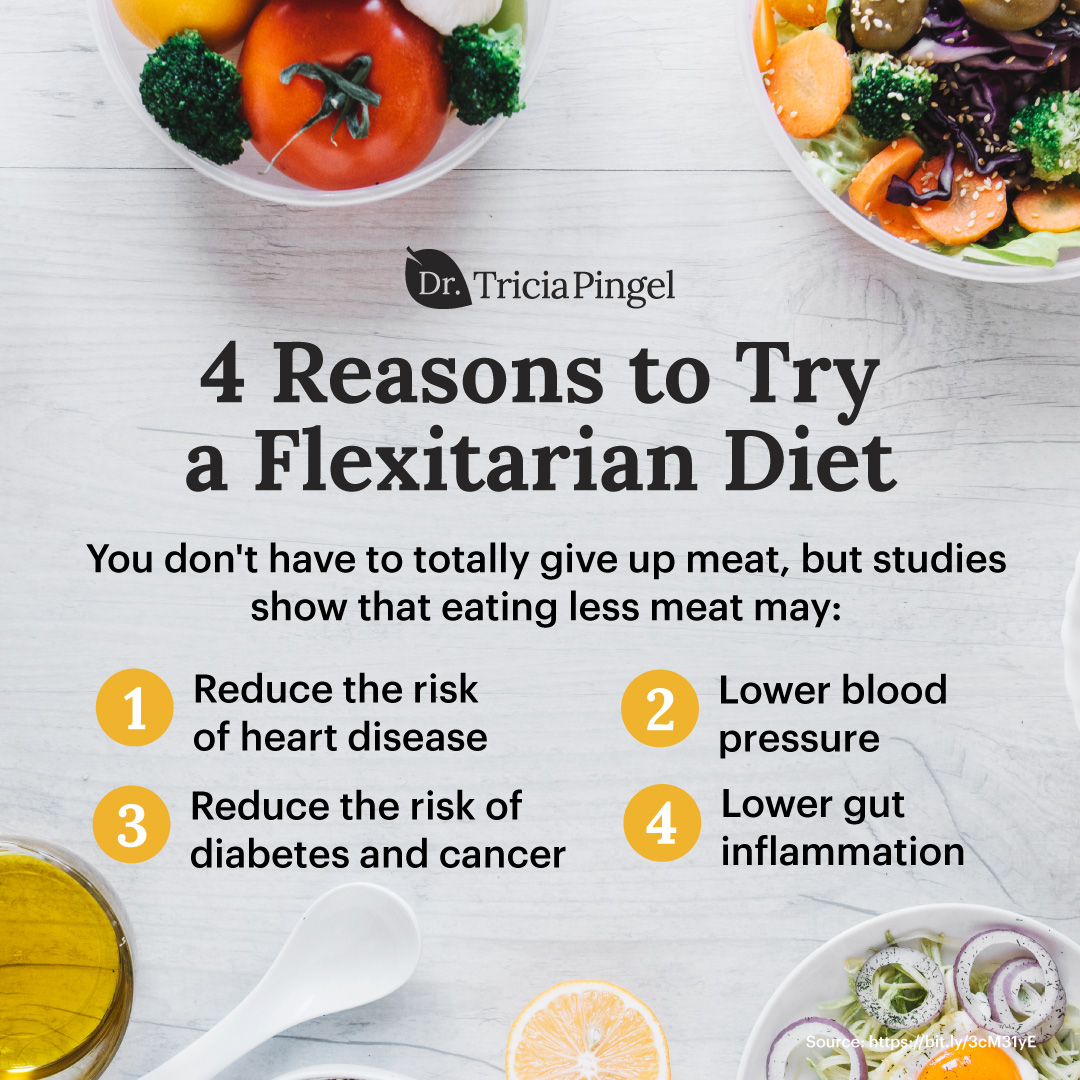It's Way More Than Just a Weed: 5 Health Benefits of Dandelion
When you hear the word dandelion, you probably immediately picture a stubborn weed growing in your garden or on your lawn. Perhaps images of pulling these weeds for hours enter your mind. But dandelions aren’t all bad. In fact, there are actually some amazing health benefits of dandelion you may not be aware of!
You see, dandelion is actually great at helping to detoxify your liver. And, as a result, it offers incredible health benefits, from fighting the growth of cancer cells to boosting your immune system and even your skin health! So, let’s take a few minutes and review what makes dandelion such an amazing addition to your diet and exactly how it benefits your health.
All About Dandelion
You can recognize dandelions in your yard thanks to their yellow flowers. They grow throughout the world, and most homeowners would agree that they are weeds or a nuisance. But you may be surprised to learn that dandelions are actually considered to be herbs—and they’ve been used for centuries thanks to their therapeutic properties.
In fact, historically, every single part of the plant has been used for medicinal purposes: the root, stem, leaves, and even that recognizable yellow flower. While dandelion root can be eaten in its whole form, people who consume it tend to do so in its dried form—usually in tea. I find that the root is beneficial to liver health and detoxification, and the tincture form is great for this benefit.
In fact, a 2010 animal study revealed that consuming dandelion root has the potential to significantly reduce liver fibrosis (or scarring). How? Well, it seems the dandelion root reduced oxidative stress on the subjects’ livers, which allowed them to heal and even regenerate. [1] (As you may recall, your liver is the only organ in your body that can actually repair and regenerate itself!)
The flower actually has a sweet taste and can be eaten raw, though some prefer to use it as a primary ingredient in syrups or even wine. Interestingly, while the entire dandelion plant contains polyphenols (a plant-based antioxidant known to neutralize the free radicals linked to diabetes, cancer, and more), the highest concentration is located in the flower. [2]
Dandelion greens, or leaves, have a bitter taste that can be eaten raw. You may enjoy adding them to your salads, much like you would arugula. That said, I find them to be absolutely delicious when steamed.
In terms of the health benefits of dandelion greens, they’re also known to support liver health by helping to promote the flow of bile. Even more amazing? A 2017 study revealed that the polysaccharides in dandelion can protect the liver from acetaminophen-induced hepatic injury, showing that dandelion greens also display a protective effect. [3]
Dandelion greens also support kidney health by acting as a diuretic and helping to flush toxins out of your body. In fact, according to a 2009 study, subjects who consumed dandelion extract experienced increased urinary frequency within five hours. [4] Due to their diuretic effect, just remember to drink plenty of water when eating them.
As you can see, there are many ways dandelion can benefit your health, largely thanks to its ability to support your liver. Now, let’s review some of the other health benefits of dandelion due to its impact on your liver.
5 Health Benefits of Dandelion
Here are top five health benefits of dandelion. Take a look and see which appeal most to you.
1. Fights inflammation
As you may recall, inflammation has been linked to a myriad of illnesses and diseases, from type 2 diabetes to cancer to heart disease. [5] One of the biggest health benefits of dandelion is its anti-inflammatory properties.
In a 2016 study, researchers found that dandelion extract exhibited anti-inflammatory activity and inhibited inflammatory signaling. [6] Other studies have also found that dandelion has the ability to reduce inflammatory markers, further confirming the anti-inflammatory properties of dandelion. [7]
2. Inhibits cancer cell growth
Amazingly, dandelion has been shown to also contain anti-cancer properties. In fact, a 2012 study revealed that dandelion extract has the potential to kill and eliminate human pancreatic cancer cells without impacting healthy cells. [8] Additionally, a 2017 study found that dandelion extract can inhibit the spread and increase of colorectal cancer cells. [9]
Finally, according to a 2019 study, dandelion root extract was found to not only kill prostate cancer cells but also reduce tumor growth. [10] As you can see, the ability to not only fight but potentially also kill cancer cells is one of the most incredible health benefits of dandelion. All the more reason to include dandelion in your regular rotation of herbs, right?
3. Boosts the immune system
Another great health benefit of dandelion is that it provides a great boost to your immune system, thanks to its anti-bacterial and anti-viral properties. A 2019 study revealed that dandelion root extract improved immune function in animals. [11] And a 2014 study showed that dandelion extract contains anti-viral effects in both animals and humans. [12]
Dandelion’s ability to fight infections make it a powerful herb for immune support. If you find that you regularly get sick, consider adding some dandelion to your daily regimen for an added health boost.
4. Supports healthy digestion
Did you know that dandelion can also help improve your digestion? Studies have revealed that, when taken in liquid form before meals, bitter herbs such as dandelion root can actually stimulate gastric secretions. [13]
Dandelion also aids digestion by supporting the release of stomach acid and bile, which can also help breakdown the fats and cholesterol you consume.
5. Boosts skin health
Perhaps the most surprising health benefit of dandelion is its skin supporting effects, due to anti-inflammatory properties and detoxifying abilities. Not only has dandelion been found to improve acne, but it’s also known to help protect your skin from harmful UV radiation.
A 2015 study revealed that not only does dandelion extract made from the root, leaves, and flowers protect your skin cells from UVB-induced oxidative stress, but it can also help prevent skin cell death resulting from UVB exposure. Furthermore, it reduced skin aging and even lowered the risk of skin cancer! [14] It’s amazing how one little herb can be so powerful.

Key Takeaways
- There are some amazing health benefits of dandelion you may not be aware of, largely thanks to its ability to help detoxify your liver.
- Historically, every single part of the plant has been used for medicinal purposes: the root, stem, leaves, and even the flower.
- While dandelion root can be eaten in its whole form, people who consume it tend to do so in its dried form—usually in tea. You can also use it in tincture form.
- Dandelion offers incredible health benefits, from fighting the growth of cancer cells to boosting your immune system and even your skin health!




